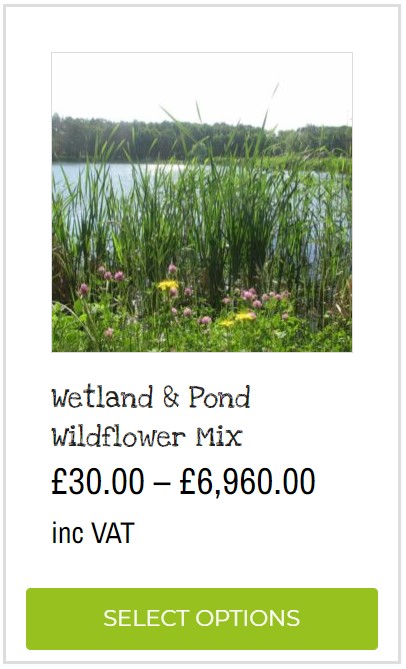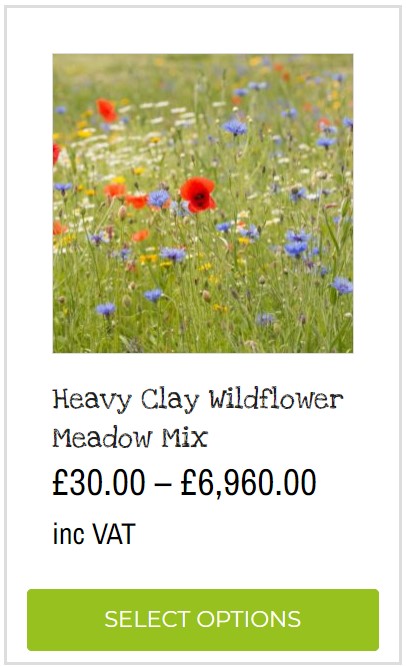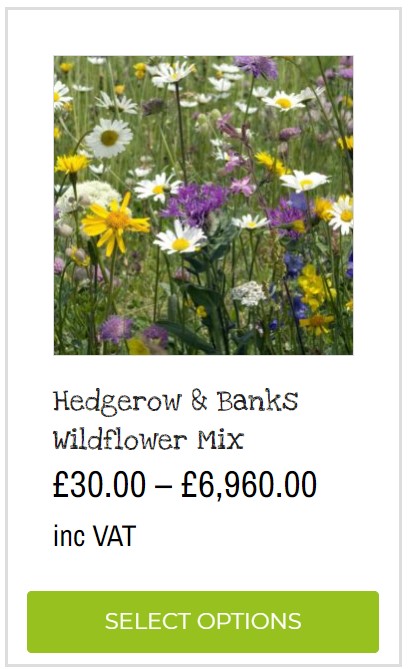Flourishing Wilds on Stubborn Grounds: Cultivating Wildflower Meadows on Heavy Clay Soil
Transforming a patch of heavy clay soil into a vibrant wildflower meadow is a journey of patience, adaptation, and ecological harmony. While the task may seem daunting due to clay’s dense, compact nature, the rewards—a mosaic of colour, a haven for wildlife, and the restoration of native plant communities—are profoundly fulfilling. This article delves into the art and science of establishing a wildflower meadow on challenging terrain, spotlighting the innovative approaches and contributions of Wildahome in promoting biodiversity and ecological resilience.
The Clay Conundrum: Preparing the Ground
Clay soil, with its fine particles and tendency to retain moisture, poses unique challenges for wildflower establishment. The first step in transforming this dense canvas into a blooming spectacle involves soil preparation. Aeration and adding organic matter can improve drainage and create a more hospitable environment for wildflower seeds. However, the secret lies in working with the soil’s natural characteristics rather than against them, embracing plants that thrive in these conditions.
Sowing the Seeds of Success: Native and Locally Sourced Wildflower Seeds for Heavy Clay Soils
The cornerstone of any flourishing wildflower meadow is the selection of seeds. Opting for native and locally sourced varieties is not just a matter of ecological responsibility—it’s a strategic choice for success. These plants have evolved to thrive in the local climate and soil conditions, ensuring higher survival and growth rates. Wildahome has been at the forefront of championing native species, working closely with local conservation groups and nurseries to source seeds that contribute to the health and balance of local ecosystems.
Why Native Seeds Matter:
Native plants offer unmatched benefits, including:
Enhanced resilience to local pests, diseases, and weather conditions.
Support for local wildlife, providing essential habitats and food sources for pollinators and other species.
Maintenance of biodiversity, reinforcing the natural balance of ecosystems.
The Magic Carpet: Wildflower Seed Mulch Mats
One innovative solution to the challenges of establishing a wildflower meadow on heavy clay is using seed mulch mats. These biodegradable mats are pre-seeded with a mix of wildflower seeds, designed to protect the seeds from birds, erosion, and the harsh impact of heavy rains—a common issue with clay soils. Wildahome has been instrumental in pioneering these mats, demonstrating their effectiveness in various restoration projects.
Seed mulch mats offer several advantages:
Ease of Sowing, making it possible to lay down a meadow blueprint with precision and ease.
Optimal seed-to-soil contact, enhances germination rates by keeping seeds in place.
Weed suppression, as the mat material discourages the growth of competing plants.
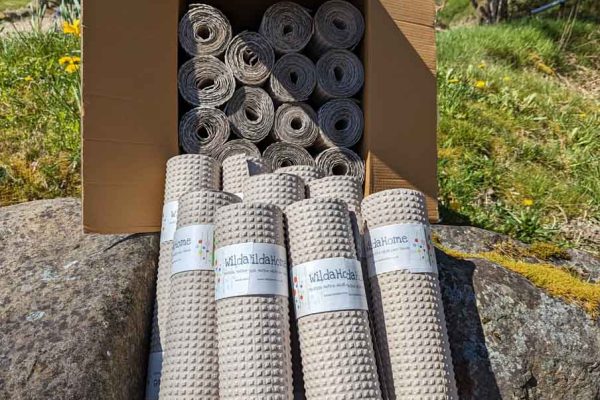
Laying the Foundation
The process of laying seed mulch mats is straightforward but requires attention to detail:
- **Prepare the soil** by lightly turning and raking to create a smooth surface.
- **Lay down the mats** on the prepared soil, securing the edges to prevent movement.
- **Water thoroughly**, ensuring the mats are fully moistened to activate germination.
Wildahome's Vision: A Meadow in Every Garden
Wildahome’s work extends beyond the practicalities of meadow creation; it embodies a vision of ecological stewardship and community engagement. Through workshops, partnerships, and advocacy, Wildahome seeks to inspire individuals and communities to embrace the creation of wildflower meadows, not just for their beauty but for their critical role in supporting biodiversity.
The Bigger Picture: Ecosystem Services and Climate Resilience
Wildflower meadows are crucial in ecosystem services, such as pollination, water filtration, and carbon sequestration. On heavy clay soils, where runoff and erosion can be significant problems, meadows can improve water absorption and soil structure, mitigating these issues. Wildahome emphasises the importance of these habitats for their aesthetic appeal and contribution to climate resilience and ecological health.
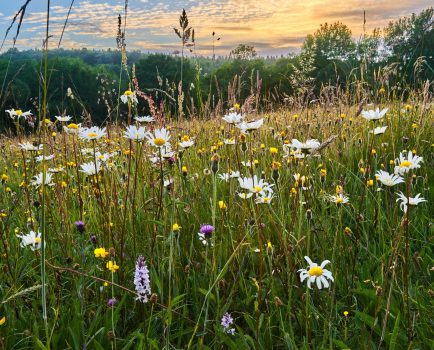
Nurturing Growth: Maintenance and Beyond
Establishing a wildflower meadow is just the beginning. Maintenance, though minimal compared to traditional lawns, is crucial for the meadow’s development and longevity. Wildahome advises on sustainable practices, such as seasonal mowing once flowering has ended, to promote seed dispersal and reduce dominance by any one species.
Embracing Change: The Evolving Meadow
A wildflower meadow is a living, changing entity. Over time, species composition may shift, new plants may emerge, and the meadow will mature. This natural succession is part of the meadow’s charm.
Flourishing Foundations: Wildahome's Commitment to Native Wildflower Meadows on Heavy Clay Soils
Reflecting the dynamic nature of the ecosystems we strive to support. Wildahome stands ready to guide you through this journey, offering the best wildflower seeds specifically selected for heavy clay soils. Our seeds are native, British, and locally sourced, ensuring that your meadow will not only flourish but also contribute to the local ecology in a meaningful way. Collaborating with our own and partner farms guarantees a diverse and resilient seed mix tailored to your soil’s unique challenges. Embrace the beauty and biodiversity of wildflowers with Wildahome, and transform your meadow or garden into a thriving, sustainable habitat that celebrates the native flora of the British landscape.


